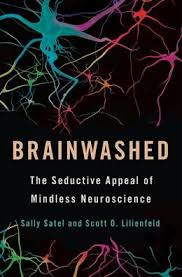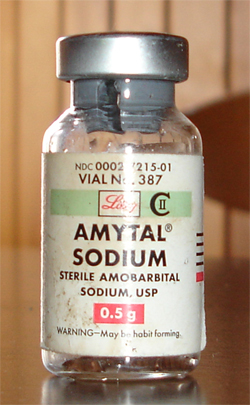By Amanda Pustilnik | in The Constitution and the Future of Criminal Justice in America | Cambridge University Press, 2013
Abstract:
The rapid development of neurotechnologies poses novel constitutional issues for criminal law and criminal procedure. These technologies can identify directly from brain waves whether a person is familiar with a stimulus like a face or a weapon, can model blood flow in the brain to indicate whether a person is lying, and can even interfere with brain processes themselves via high-powered magnets to cause a person to be less likely to lie to an investigator. These technologies implicate the constitutional privilege against compelled, self-incriminating speech under the Fifth Amendment and the right to be free of unreasonable search and seizure under the Fourth Amendment of the United States Constitution. Law enforcement use of these technologies will not just require extending existing constitutional doctrine to cover new facts but will challenge these doctrines’ foundations. This short chapter discusses cognitive privacy and liberty under the Fourth and Fifth Amendments, showing how current jurisprudence under both amendments stumbles on limited and limiting distinctions between the body and the mind, the physical and the informational. Brain processes and emanations sit at the juncture of these categories. This chapter proposes a way to transcend these limitations while remaining faithful to precedent, extending these important constitutional protections into a new era of direct access to the brain/mind.


 Brainwashed: The Seductive Appeal of Mindless Neuroscience, a new book by psychiatrist Sally Satel and psychologist and professor Scott O. Lilienfeld, argues that current real-world applications of neuroscience may be misguided and even harmful.
Brainwashed: The Seductive Appeal of Mindless Neuroscience, a new book by psychiatrist Sally Satel and psychologist and professor Scott O. Lilienfeld, argues that current real-world applications of neuroscience may be misguided and even harmful.

